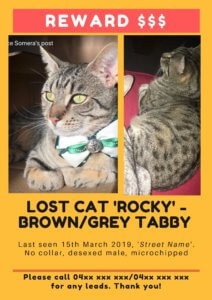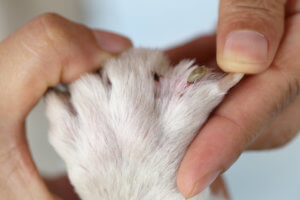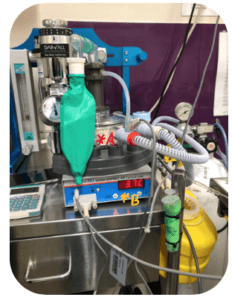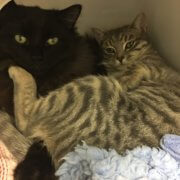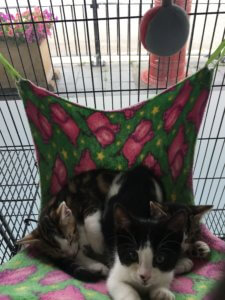Coronavirus: Information for looking after your pets
Update on taking care of your pets during the coronavirus epidemic
We know this is an anxious time for everyone and you may be concerned how best to look after your pet in this current situation.
Until advised otherwise, we are open as normal – here are some guidelines to help both humans and animals stay safe and healthy.
If your pet needs veterinary attention and:
- You’re experiencing symptoms
- Need to self-isolate
Please phone us for advice and we will make a plan together with you.
In line with social distancing recommendations, we are keeping waiting times to a minimum and ar reducing the foot traffic in our waiting rooms by requesting the following.
We ask you to:
- Limit the number of people presenting your pet to just ONE owner if possible
- When arriving for your appointment, please call us on 02 9797 2555 from outside to alert us of your arrival if the waiting room looks busy. Otherwise, pop your mask on and take a seat inside.
- ONE masked client is welcome inside the consultation room at the time of your pet’s examination.
- Surgical and hospital patients will be discharged from our back reception area in the afternoon. Enter back reception via the glass door to the left of our back gate on Sloane Street.
Please use hand sanitisers located in the clinic.
Please phone ahead to order required prescription medicine repeats or food, worming and flea control in advance so we can arrange to have them ready for you without the need to wait.
Call or email us with questions and check our web site for updates.
We are working hard to ensure we can continue to provide complete veterinary care.
Thank you for your understanding and cooperation. This situation is rapidly evolving, and we will provide updates as required.
Note that this is a rapidly evolving situation and advice provided here is reflective of the evidence at hand. For up to date information on the COVID-19 situation in Australia go to health.gov.au


